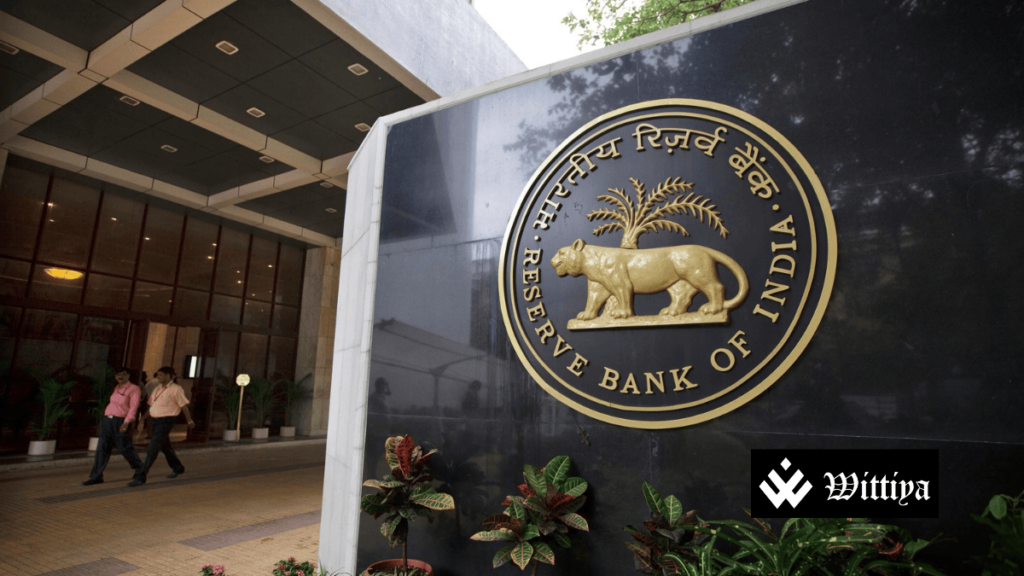Retail investors in India have significantly increased their participation in the government securities market through the Reserve Bank of India’s (RBI) Retail Direct Platform. As of March 17, 2025, total primary market subscription surged by 51% year-on-year to ₹6,245.18 crore. The majority of investments flowed into treasury bills, nearly doubling compared to the previous year. Despite a narrow spread between short-term and long-term debt instruments, retail investors are favoring T-Bills due to better returns than bank deposits.
Retail investors in India have significantly increased their participation in government securities through the Reserve Bank of India’s (RBI) Retail Direct Platform. As of March 17, 2025, the total primary market subscription surged by 51% year-on-year (YoY) to ₹6,245.18 crore, up from ₹4,135.50 crore on March 18, 2024. The platform enables individuals to invest directly in government bonds, treasury bills, and other securities.
The RBI Retail Direct scheme was launched to simplify retail investment in government securities, making them accessible to a broader audience. The surge in participation highlights a growing preference for stable investment options amid fluctuating market conditions.
Treasury Bills Lead Retail Investment Growth
A major portion of the investments went into treasury bills (T-Bills), with retail investment in T-Bills reaching ₹4,367.38 crore as of March 17, 2025, nearly doubling from ₹2,766.39 crore a year earlier. Despite short-term interest rates being marginally lower than long-term rates, experts suggest that T-Bills continue to attract investors due to their superior returns compared to bank fixed deposits.
The lower short-term deposit rates by banks and higher T-Bill rates due to liquidity tightening have made them an attractive option for retail investors.”
Gopal Tripathi, Head of Treasury at Jana Small Finance Bank.
Government Securities and Other Investments on the Rise
Apart from T-Bills, Union government dated securities also saw significant demand from retail investors, with investments increasing to ₹707.33 crore from ₹592.36 crore in the previous year. Additionally, state government securities attracted ₹419.89 crore, while floating rate savings bonds and sovereign gold bonds saw investments of ₹451.97 crore and ₹298.61 crore, respectively, as of March 17, 2025.
Experts suggest that despite a decline in treasury bill yields in the primary market, they still offer better returns than long-term securities, given the current narrow spread between short-term and long-term debt instruments. The yield spread between 10-year government securities and T-Bills stood at 8-10 basis points, making short-term investments a favorable option for retail investors.
Secondary Market Sees Lower Volumes
While the primary market saw a strong increase in retail participation, the secondary market remained less active in comparison. Total traded volumes in the secondary market stood at ₹1,756.08 crore on March 17, 2025, compared to ₹633.92 crore in the previous year. Analysts believe that the primary market’s structured approach and direct access to government securities through RBI’s platform are key drivers of investor preference.
With rising retail participation in government securities, the RBI Retail Direct Platform continues to strengthen India’s fixed-income market. The increasing reliance on T-Bills and other short-term securities indicates a shift in investor behavior, driven by market dynamics and competitive returns compared to traditional banking instruments.
